Northside Vision Blog
Learn more about optometrist care in our blog!
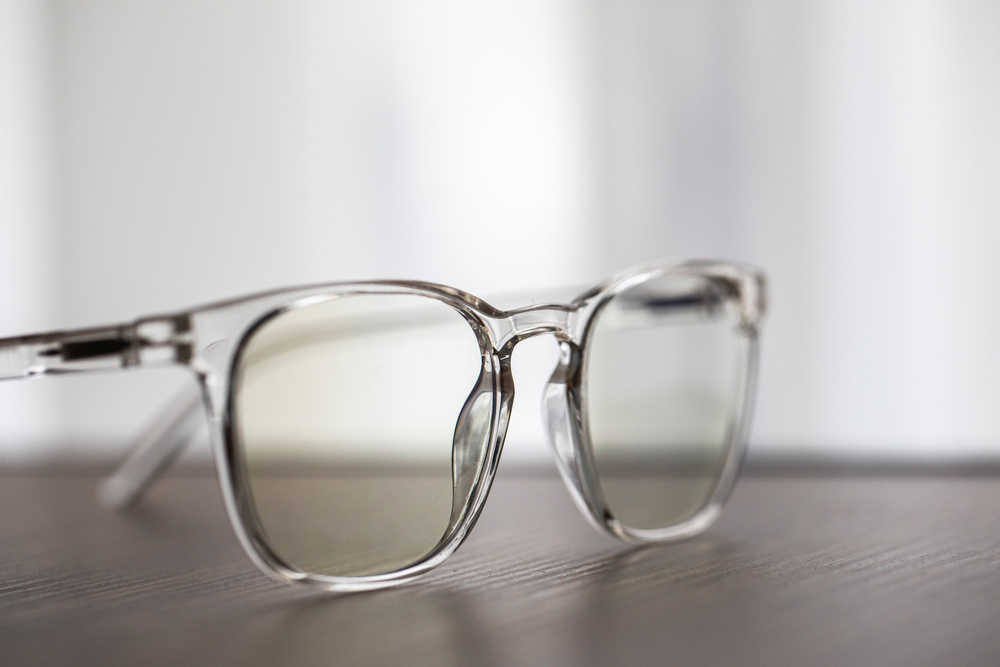
For people who experience migraines, light can be more than just uncomfortable - it can be a powerful trigger. Everyday exposure to digital screens, fluorescent lighting, sunlight, and even indoor LEDs can intensify symptoms or spark an attack. Fortunately, advancements in optical technology have led to solutions designed specifically for migraine sufferers. One of the most promising options is Avulux lenses.

As the year comes to a close, many vision insurance benefits are approaching their expiration date. For most plans, unused benefits do not roll over - meaning any remaining allowances for eye exams, eyewear, or contact lenses could be lost if not used in time. At Northside Vision, we encourage patients to schedule their eye care visits before year’s end to ensure nothing goes to waste.
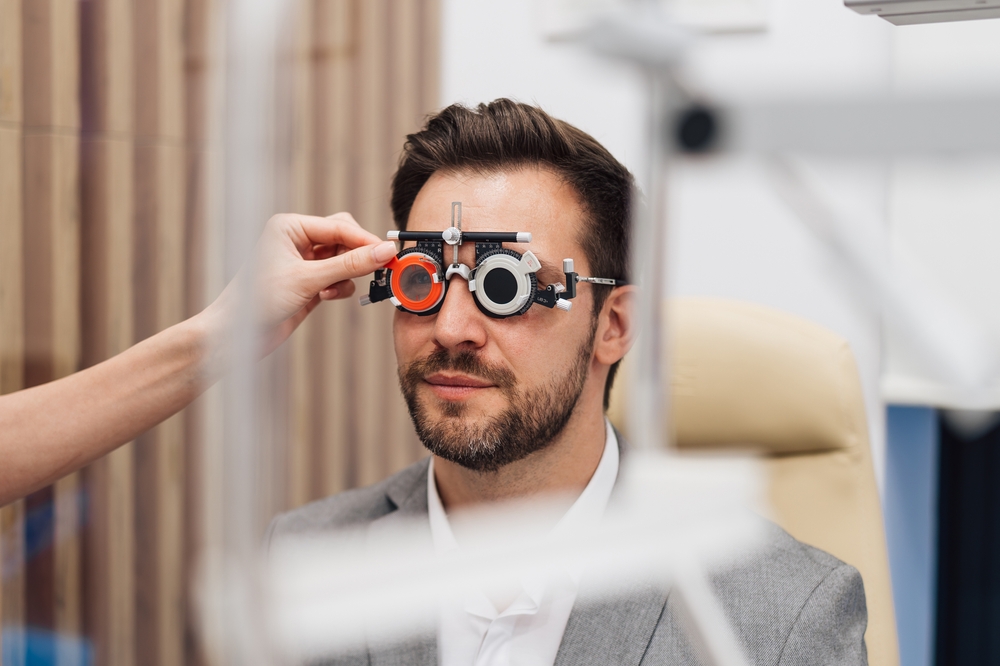
Contact lenses are a convenient and effective way to correct vision, but wearing them safely requires regular care and professional monitoring. Even if your vision seems stable, scheduling an annual contact lens exam in Spokane is an essential step to maintaining healthy eyes and comfortable vision.
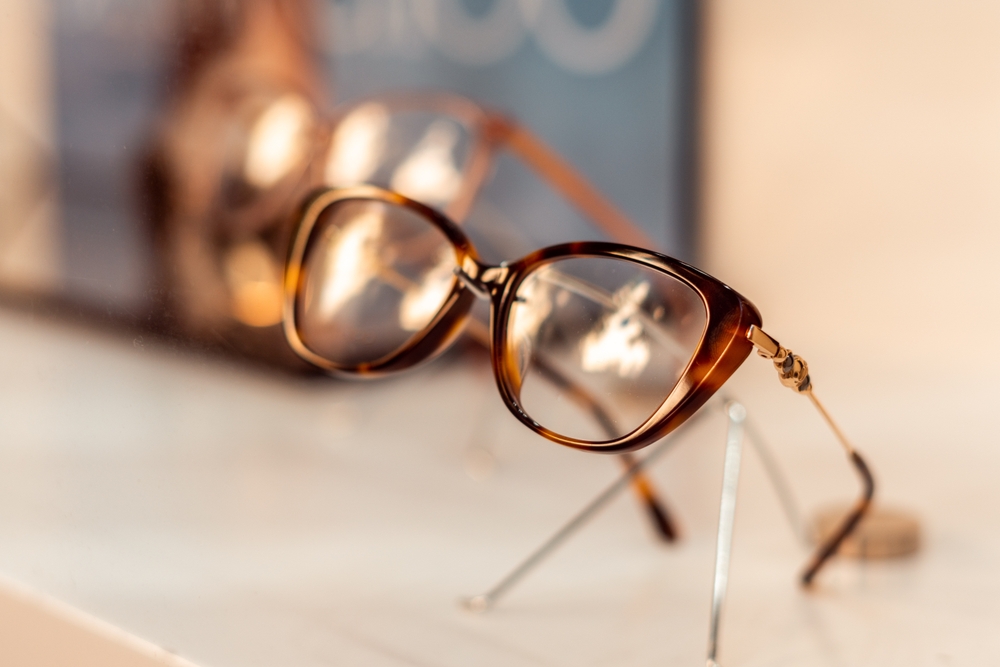
In a world where mass production dominates the eyewear industry, small-batch, hand-crafted glasses stand apart as a symbol of artistry, quality, and individuality. These unique frames offer much more than just vision correction - they reflect a commitment to craftsmanship and personal expression that can’t be replicated by factory-made alternatives.

Glaucoma is often called the “silent thief of sight” because it can progress without obvious symptoms until vision loss is significant. As one of the leading causes of blindness worldwide, early detection is critical to protecting your eyesight. At Northside Vision, we want to help you recognize the earliest warning signs so you can seek care before it’s too late.
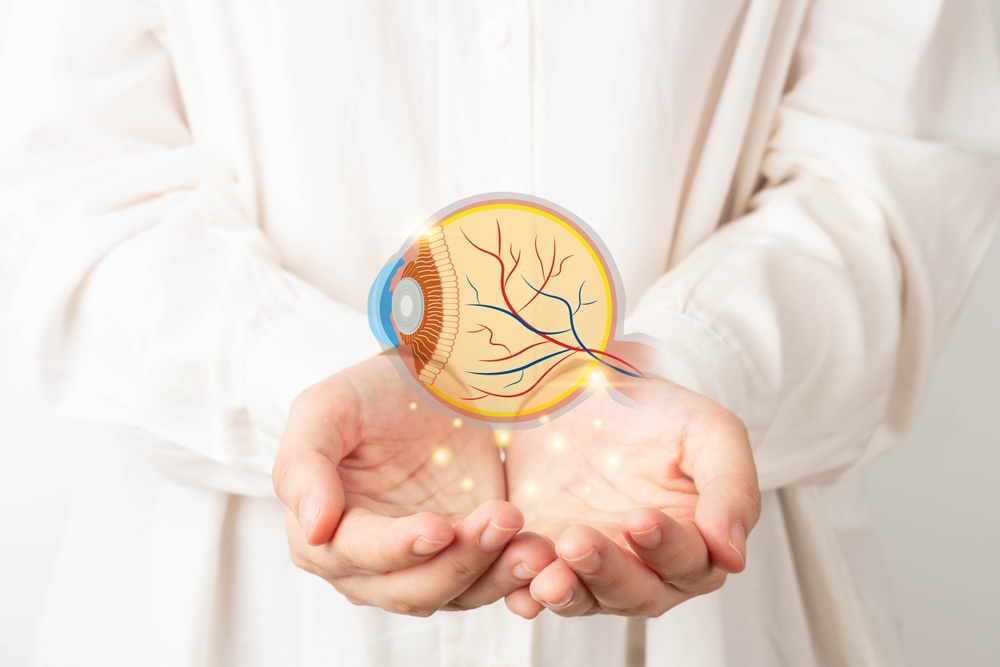
Living with diabetes means paying close attention to more than just your blood sugar - it also means protecting your vision. One of the most common and serious eye complications related to diabetes is diabetic retinopathy. This condition affects the blood vessels in the retina, the light-sensitive tissue at the back of the eye, and can lead to permanent vision loss if not detected early.
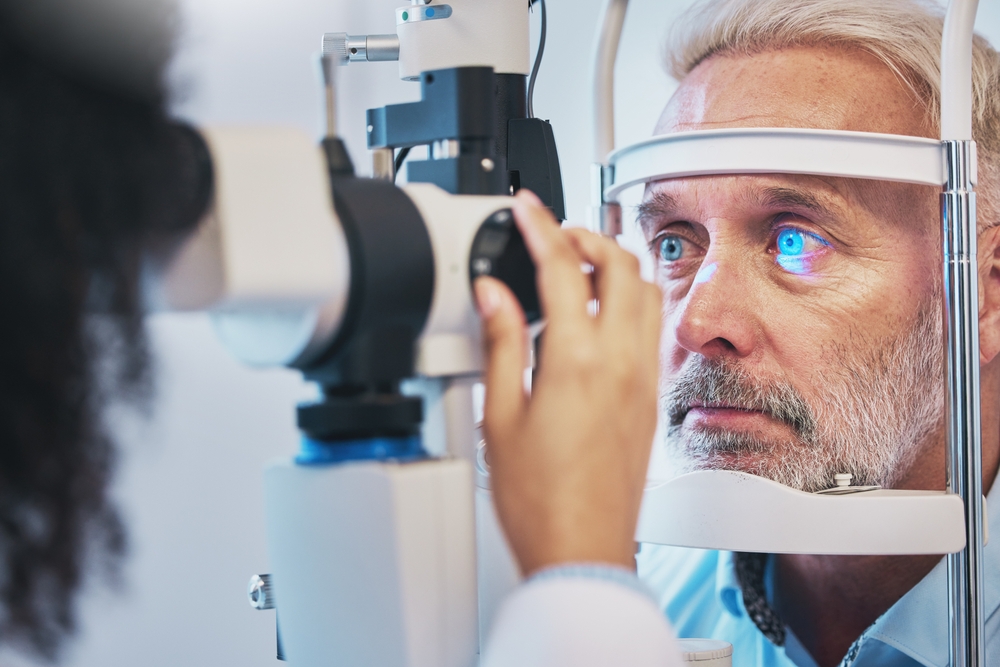
When it comes to protecting your vision, early detection is key. Thanks to advancements in eye care technology, there are now ways to get a highly detailed look at your eye health. One of the latest tools we use at Northside Vision is the EIDON iMap ultra-wide retina scan, often referred to as an IMAP scan.

Dry eyes can affect anyone at any age, often bringing discomfort, blurry vision, or a persistent gritty sensation. If you’ve found yourself blinking more than usual or reaching for eye drops throughout the day, you may be dealing with dry eye syndrome. Understanding what’s causing your dry eyes is the first step toward lasting relief.

If your child or teenager experiences frequent migraines, you know how disruptive they can be to their daily life. School performance social activities and even time spent on screens can all be impacted. As parents search for solutions to reduce the frequency and intensity of migraines one promising option is Avulux glasses. But are they a good fit for kids and teens?

Glaucoma is a serious eye condition that damages the optic nerve, often due to increased pressure within the eye. Left untreated, it can lead to permanent vision loss. While glaucoma cannot be cured, early detection and proper treatment can help preserve your vision and slow the progression of the disease. At Northside Vision, we are committed to helping patients understand their treatment options and choose the right path for long-term eye health.








